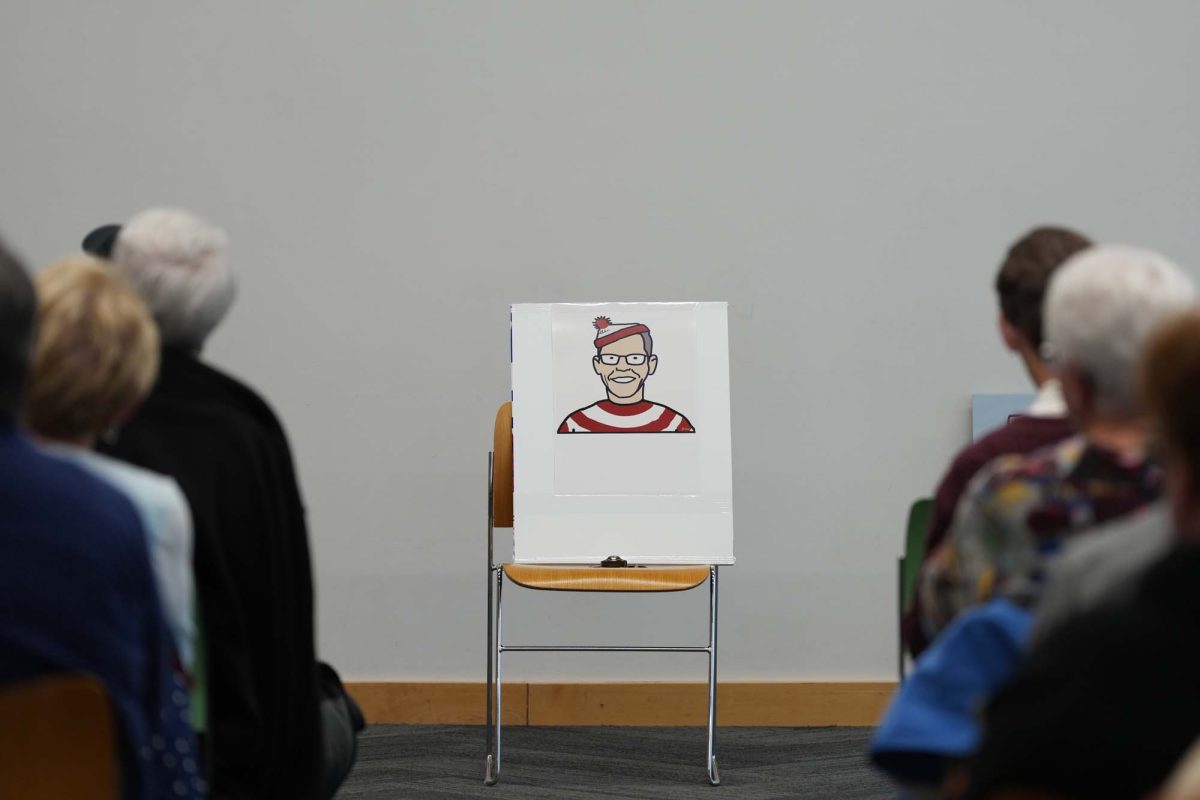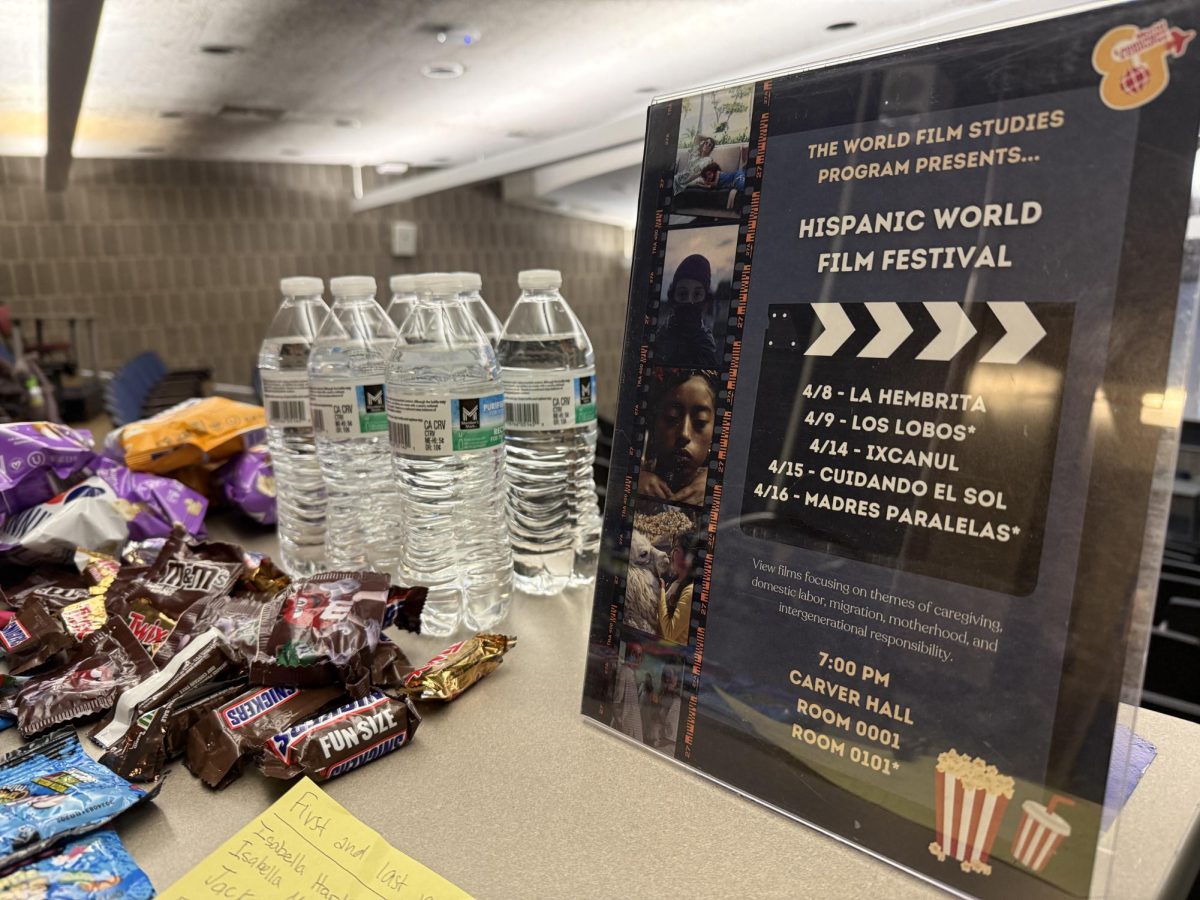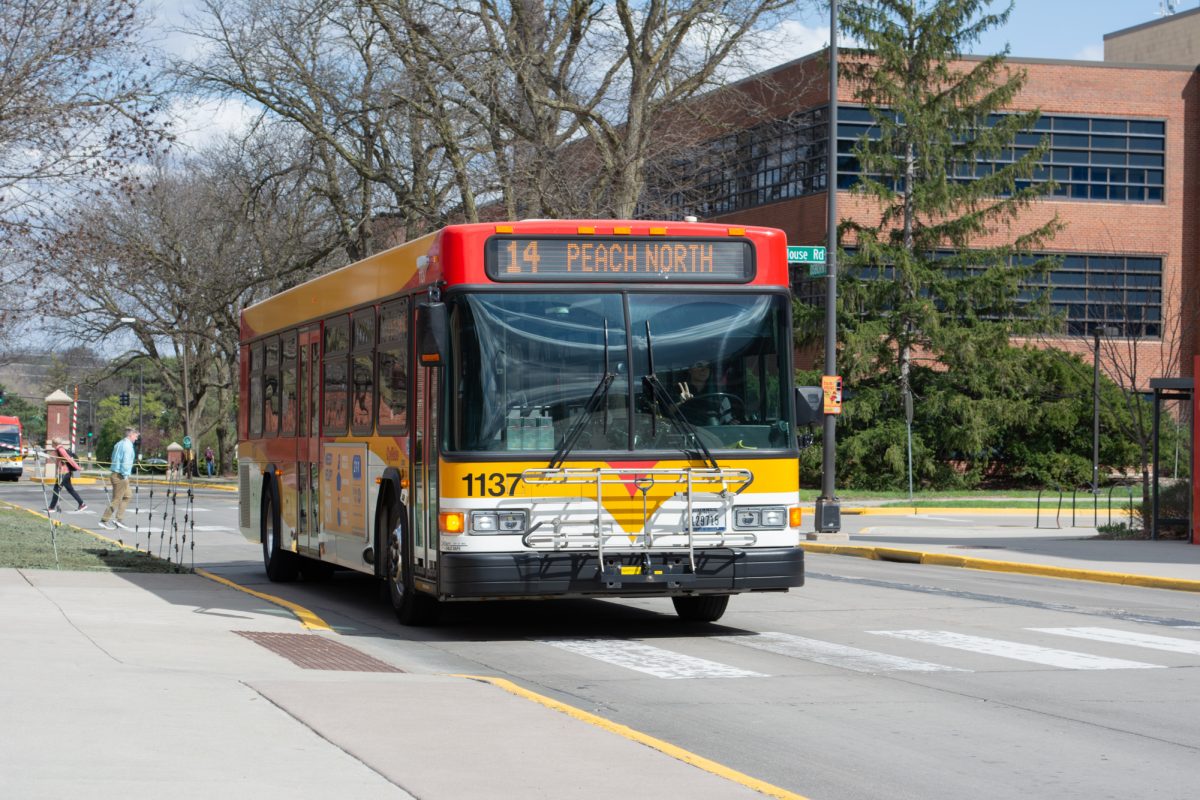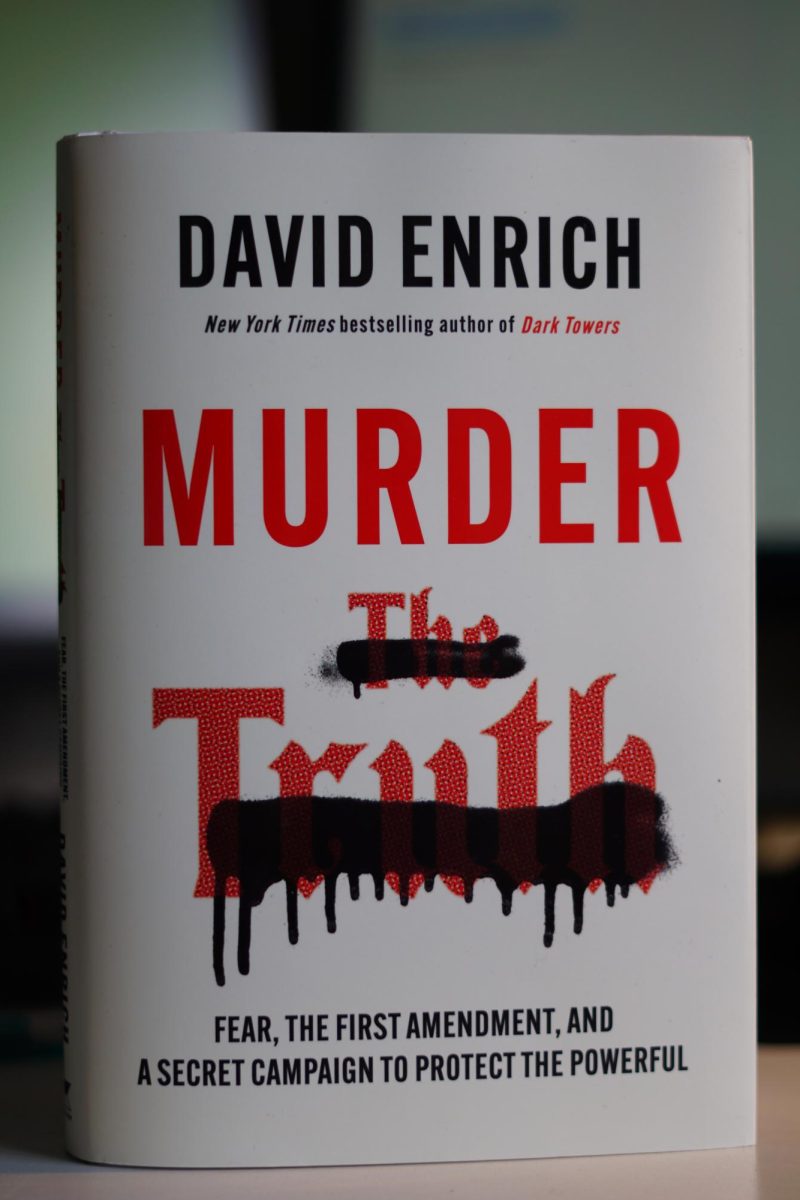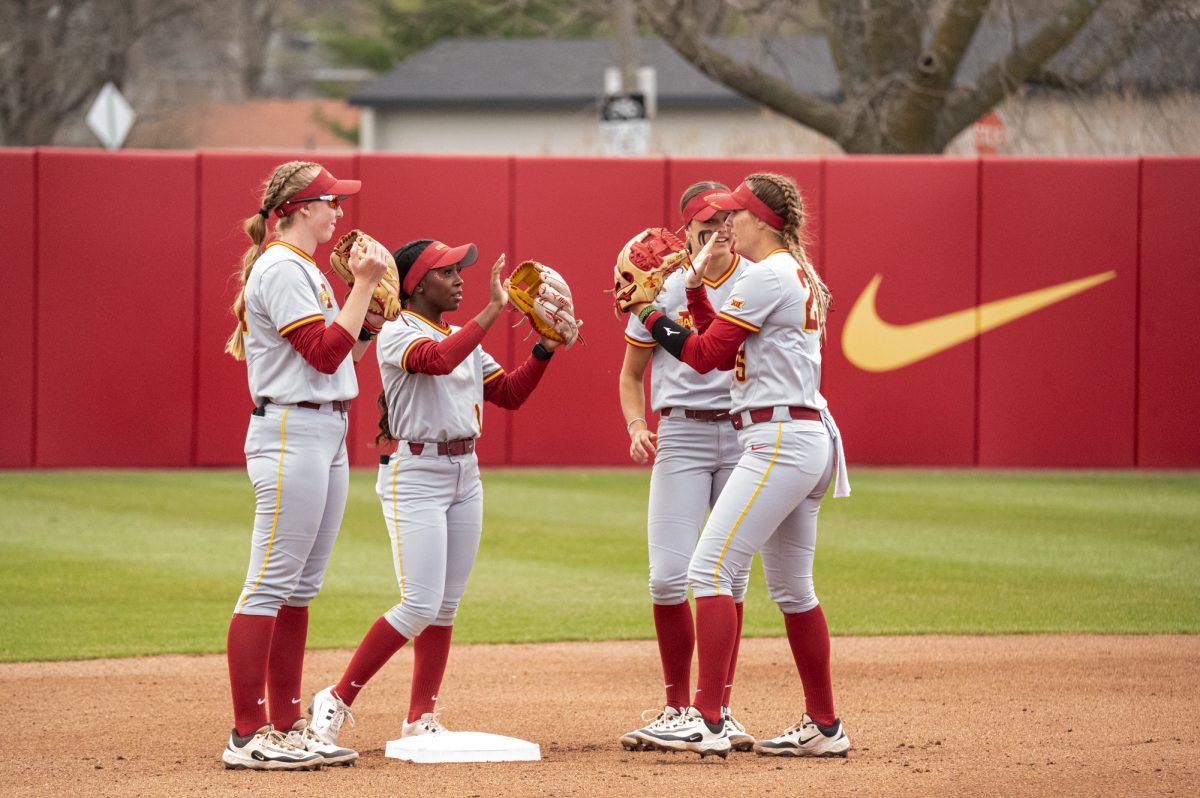Students debate federal minimum wage
December 19, 2013
Big political discussions on a smaller scale – this year’s Speech Communication 322 class finished the semester with a public debate on Dec. 19. The eight best debaters of the class discussed the topic of the federal minimum wage in the style of an American collegiate debate.
“We’ve been talking about this topic for about a month,” said Richard Crosby, assistant professor in English. “Now it’s time to take it out of the classroom.”
Crosby said he and his class decided to open it up to the public because it’s a topic of social significance. “It is especially interesting for students who work minimum wage jobs.”
The goal of the speech class is to teach argumentation, Crosby said. “I teach students how to use skills of claims, evidence and reason with respect to the topic and the opponent.”
He said the most important part is making sure the argument is sound and taking close notes of the points the opposition is making.
“The students have kind of struggled with responding to the opposition properly, but they’ve learned how to refute or concede all of their arguments.”
Crosby said that sometimes, doing that can even change your general outlook on things. “One of our first debates was on the question whether or not blind people should own guns.”
At first, the majority of the class was against the notion and thought it was crazy, Crosby said.
“But as they did the research, looked at the arguments and understood the reasoning, by the end of the debate round, most students were in favor of the idea.”
In two debate groups of four debaters, the students talked about whether the federal minimum wage should be increased from the current $7.25 to $10.10.
“The current minimum wage doesn’t allow all American citizens to live comfortably. A federal increase would benefit our nation as a whole,” said debater Chris Blackowiak, senior in advertising.
The opposition rebutted by saying that the states should keep controlling their minimum wage on its own.
“Your idea entirely disregards the fact that the different states also have different economic backgrounds and standards,” said Caleb Evers, senior in speech communication.
Both debate groups used statistics and polls to underline their points and listened closely to what their opponents had to say.
“The opposition threw some tough zingers and curveballs at us,” Evers said. “But I think we did our best to counter them and I had a great time.”
Crosby said he was really happy with the debaters and the way they represented their class.
“This time around, I didn’t have to get all nitpicky like I usually do in class. I was able to just sit back and enjoy the show.”
Overall, Crosby said he thought the negative side had the upper hand with more convincing arguments. “But both groups did extremely well. I’m proud of them.”
Phillip Molnar, senior in mechanical engineering said he thought the debate was really good.
“I came in here with some pre-conceived notions on the topic, but I ended up flipping sides around three different times throughout the debate,” Molnar said.
Evers said that he took some valuable lessons from the speech class and the public debate. “Do your research, take your time and allow yourself to be challenged and think outside of the box.”
In today’s world, Crosby said, it is especially important for students to learn how to debate and argue properly.
“In recent years, we’ve seen a major breakdown in our leaders’ ability to debate in a responsible way.”
Crosby said the government shutdown and the stagnation of the economy were real material problems.
“And they resulted from the fact that our leaders don’t know how to communicate with each other when they disagree,” Crosby said. “That’s the whole point of learning argument debate right there.”


